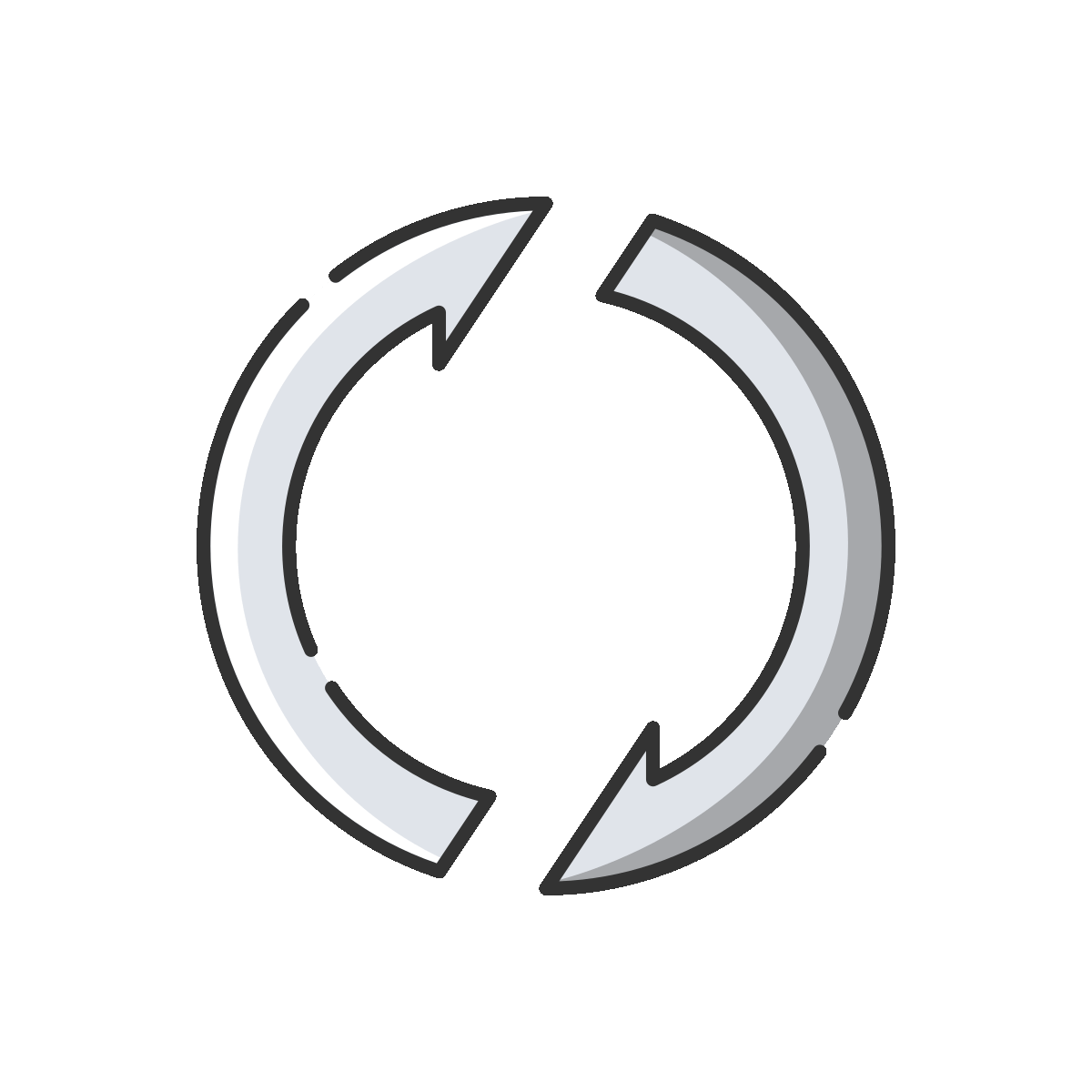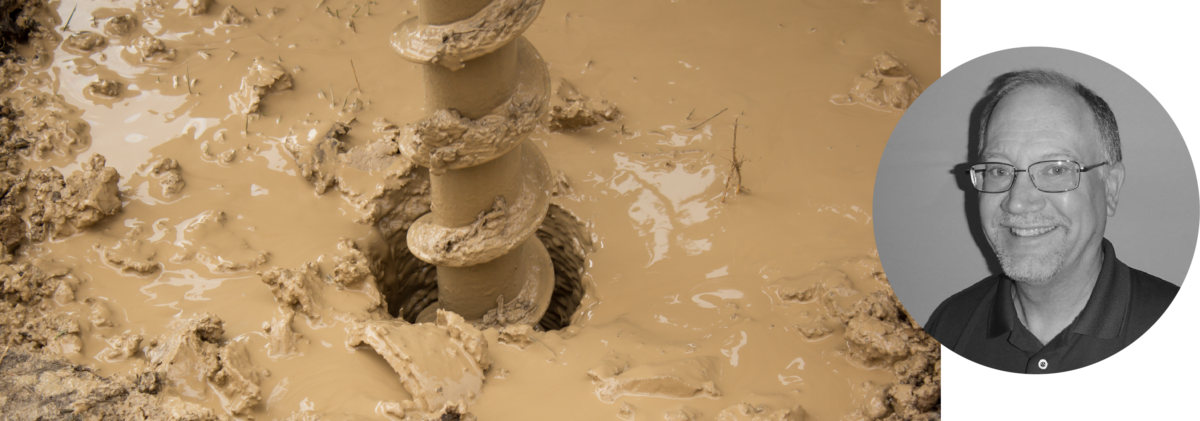
Investigation-Derived Waste
[/fusion_text][/fusion_builder_column]
[/fusion_builder_row][/fusion_builder_container]A Costly
Concern for PRPs
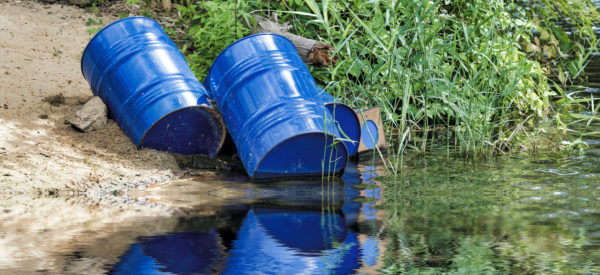
Investigation-derived waste (IDW) is the contaminated water, sediment, and soil, as well as the PPE, materials, and solvents, produced during a site assessment or longer term periodic monitoring or sampling study. Many regulatory bodies require this material to be captured and subjected to a disposal process that commonly entails collecting it in barrels for eventual shipment to a licensed waste facility and performing the requisite tracking and documentation. The costs for these processes can be high, and potentially responsible parties face concerns that additional costs resulting from the improper handling of IDW will eventually come back on them. In addition, it is prudent, and frequently required, to have the waste removed in a timely manner, and many companies are seeking to shrink their environmental footprint.
80-Fold On-Site
Reduction of Waste
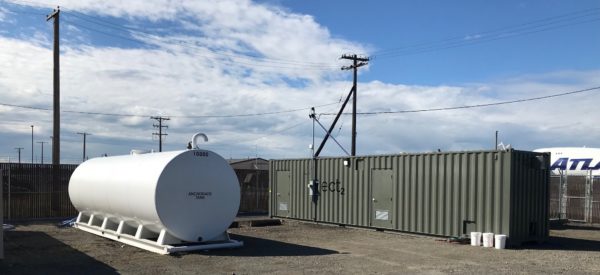
By treating the liquid waste stream on site, ECT2 offers an economically attractive and more environmentally friendly approach that reduces the volume of PFAS waste to be hauled off site by orders of magnitude while producing treated water that can be released at the site, with PFAS concentrations that are below national health advisory levels or other regulatory standards for drinking water. For example, our process can take one million litres of IDW wastewater and reduce that volume to one litre of solid waste for disposal. Regardless of size or complexity, ECT2 has the expertise to deliver or manage each stage of the process, including system design and fabrication, water treatment, and waste disposal.
Comprehensive
Mobile Systems
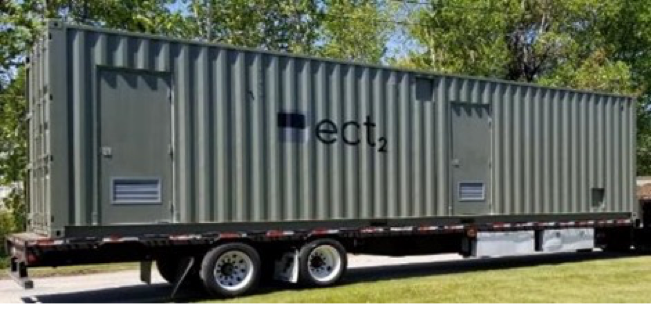
Our approach to system fabrication is well suited to the implementation of small truck- or trailer-mounted mobile units that can move from location to location to provide on-site treatment. These systems are designed to run in batch mode, rather than continuously, and are economical to operate whether treatment requirements are in the thousands or millions of litres. Because many plumes contain contaminants such as petroleum products and VOCs (in addition to PFAS), we design our IDW water treatment systems to address combinations of contaminants, and our systems incorporate critical settling and prefiltration components to address suspended solids in the water prior to treatment with our proprietary SORBIX resins.
Meer informatie? > Neem contact met ons op!
Case Studies:
RAAF Base Tindal, NT Australia
Treatment Objective > (0.07 ug/L PFOS + PFHxS) (0.56 ug/L PFOA) Waste Generated 37m3 Volume Treated To Date >2.5 billion litres Treatment Outcome Achieved [...]
Content:
Installation, Startup and Operation of the World’s First Regenerable Resin System for PFAS Removal
Poster presented at RPIC 2019 that shows the installation, startup and operation of the first regenerable resin system for PFAS removal, implemented at the former US Pease AFB.
